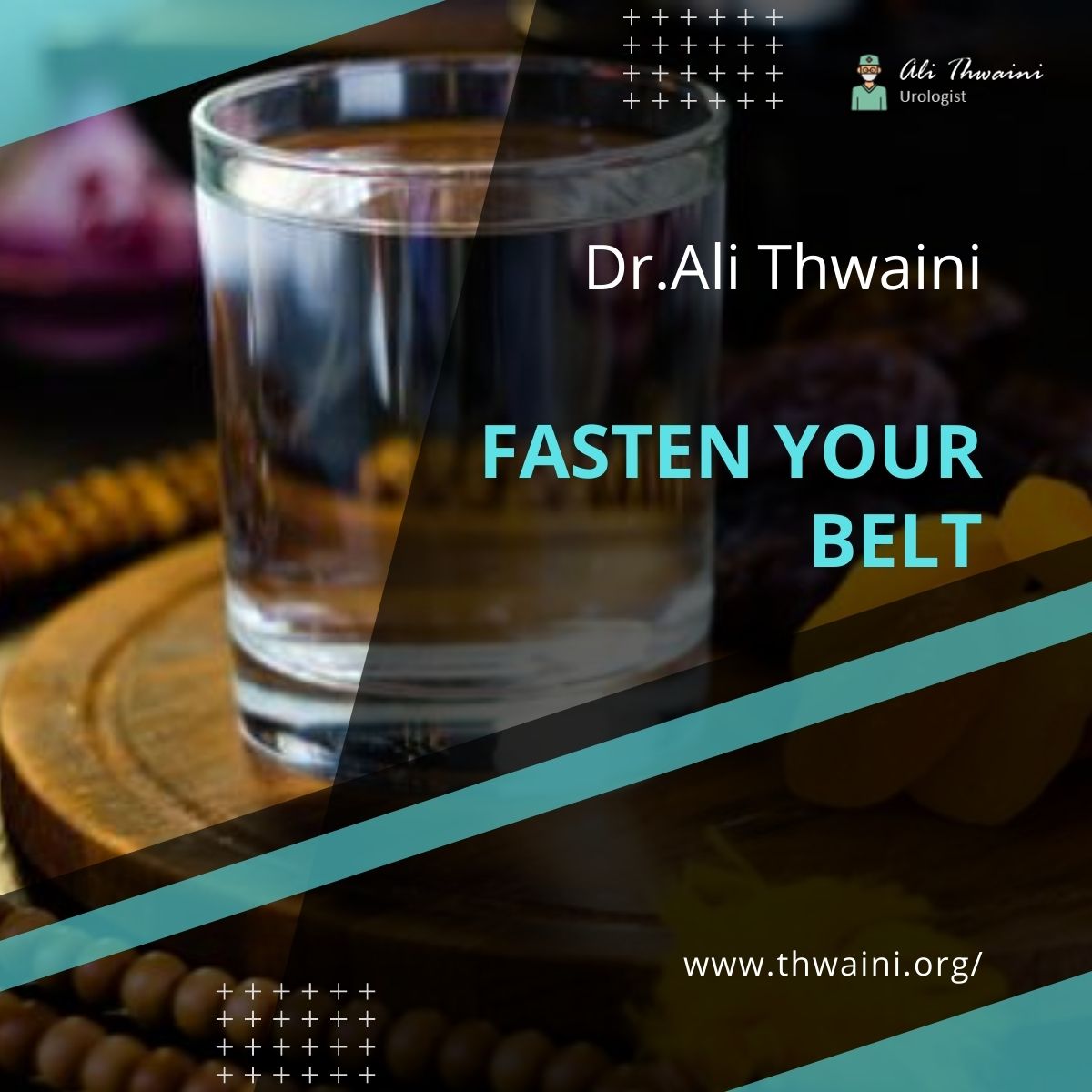Health is becoming more of a common topic with the vast majority of people being more involved and interested in promoting thief own health and well-being.
So many dietary regimes have been practiced and many have quickly risen and similarly faded away.
Few have remained, and lesser are now gaining popularity to almost becoming the lifestyle for many.
I’m going to talk about two types
Intermittent fasting
Intermittent fasting is one of the most popular programs being adopted by people all over the world.
There are several forms of intermittent fasting (IF). The principle is adopting fasting periods beyond the duration of an overnight fast and restricting feeding time windows, with or without caloric restriction.
A few examples are below:
Time-restricted feeding/eating (TRF), eating is limited to a certain number of hours each day.
Alternate-day fasting (ADF) as the name applies, consists of alternating days of feasting and fasting —feasting is compatible with liberal energy intake during 24 h and fasting implicates a restricted caloric intake ≤ 25% of daily needs ( less than 600 kcal during 24 h)
intermittent energy restriction (IER): It includes periods of energy restriction alternated with periods of habitual intake or minimally restricted dietary intake, allowing wider food choices. This approach helps “cheating” our metabolic rate to avoid going into starvation mode and keep burning calories.
continuous energy restriction (CER) for improving body composition. This has the potential of steering our metabolism to a slow energy-conserving mode. Thus, after an initial satisfactory weight loss, it becomes challenging to shed off more weight. Hence, this method is better avoided.
The ultimate goal of most IF regimens is to improve body composition. For this reason, they are suggested to maximize the loss of fat mass (FM), while attempting to preserve fat-free mass (FFM).
There is compelling evidence that IF elicits reductions in body weight and FM of ~3–8%, Improvements in blood lipid profile, blood pressure and insulin sensitivity.
Whist IF has recently emerged and increasingly gained popularity, its possible predecessor has been around for about 1400 years.
Ramadan fasting
During the 9th month (Ramadan) of the Islamic calendar (Hijra) many millions of adult Muslims all over the world fast during the daylight hours. Since Hijri calendar is 11 days shorter, Ramadan occurs at different times in the seasonal year over a 33-year cycle.
During Ramadan, Muslims abstain from ingesting food and liquids between sunrise and sunset throughout a month-long period. Thus, food and liquid intake become exclusively nocturnal.
Ramadan fasting (RF) can last ~12–18 h/day, depending on the geographic location and season of the year. Reductions in body weight, relative FM, and resting metabolic rate are common consequences of RF. It has also been shown that RF decreases total cholesterol, low-density lipoprotein (LDL), and fasting blood glucose levels. In parallel, RF seems to improve body composition, possibly through enhancements in the ability to mobilize saturated fatty acids for metabolic processes.
In the general population, weight loss subsequent to RF is largely caused by the unconscious restriction of food intake.
In addition, there is a metabolic shift toward the predominant use of fatty acids as fuel for adenosine triphosphate (ATP) synthesis during RF and this lowers body fat.
However, despite representing an important opportunity for some people to lose bodyweight and FM, the adaptations inherent to RF are typically transient and largely reversible within a small amount of time.
Thus, the prescription of maintenance strategies at the termination of Ramadan is of extreme value for the long-term preservation of healthy body composition.
Fluid intake during Ramadan
Water, which makes up around 70% of our bodies, is the most important fluid that replenishes our thirst and energy, especially during the month of Ramadan. Studies have shown that reduced intake of water affects our bodies on a cellular level and causes problems in their proper functioning because dehydration has many adverse side effects such as constipation, headaches, dizziness, tiredness, and dry skin.
During the daylight hours of RF, practicing Muslims are undoubtedly dehydrating, but it is not clear whether they are chronically hypohydrated during the month of Ramadan. No detrimental effects on health have as yet been directly attributed to negative water balance at the levels that may be produced during Ramadan.
Not only is water important for weight loss and maintenance, it also helps to get rid of harmful toxins and reduce the feeling of hunger. Due to these and various other reasons, it is imperative that we keep ourselves properly hydrated throughout the day.
Here are a few pointers to help you out:
Increase water intake
Drink at least eight glasses of water every day. If you are exercising or are outdoors in hot weather, you’ll sweat more and lose more fluids. So, ensure you increase your water intake to make up for this excessive loss.
Avoid salty food
Reduce the amount of salt in your food, as foods containing high volumes of sodium trigger thirst throughout the fasting hours of the day.
Add fruits and vegetables to your meals
Eat fresh fruits and vegetables instead of salty foods because they are rich in water and fiber. They stay in the intestines for long, retaining water and hence suppressing your thirst.
Avoid drinking large quantities in one go
Refrain from drinking large quantities of water all at once or a lot during a meal. Instead, have small sips during the meal and drink water in between your meals between sehr and iftar.
Avoid juices and sugary fluids
Do not drink juices to break your fast as it contains high amounts of sugar leading to weight gain. Instead, try and stick with just water.
Add dates to your Iftar menu
Break the fast with dates. Not only is this a tradition because that’s how the Prophet Muhammad (PBUH) broke his fast; dates also help with hydration since they are a natural source of glucose, which encourages your cells to store fluid and fuel for energy.
Ramadan Mubarak!
References:

